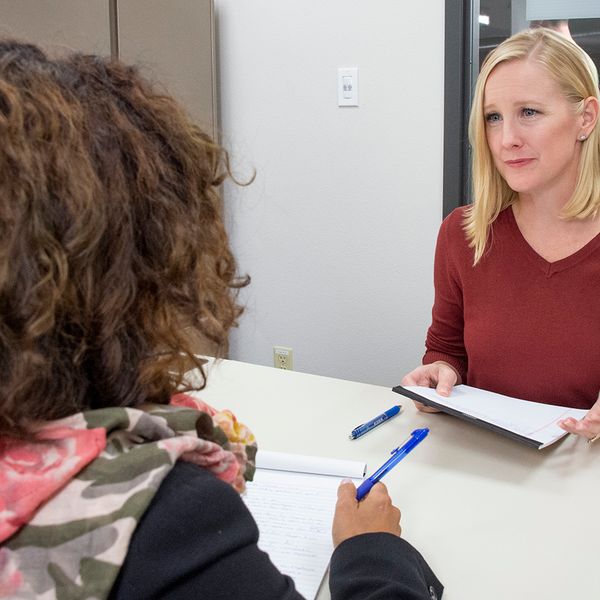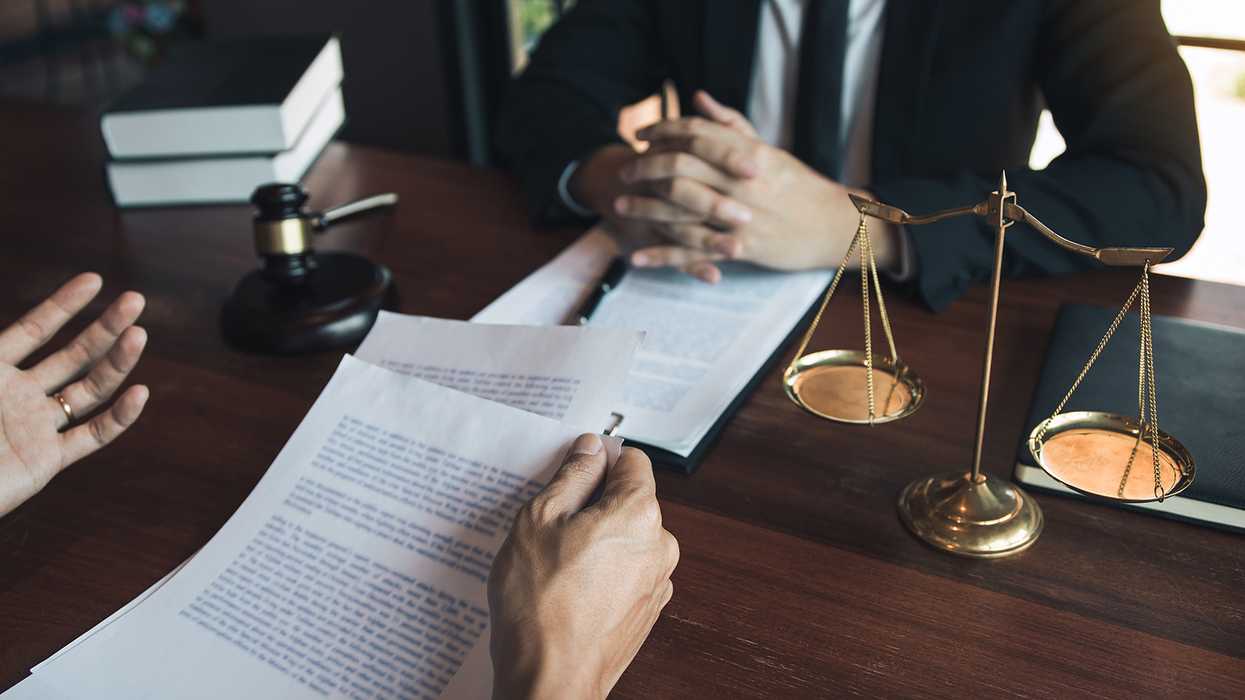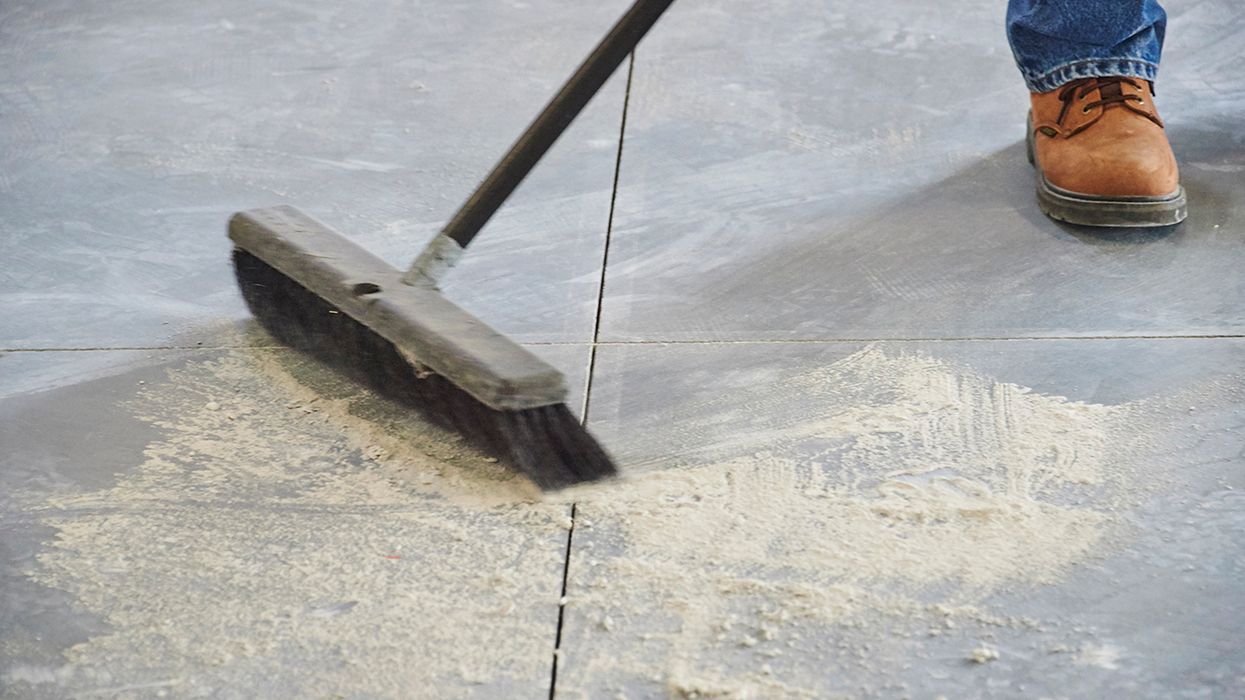Knock, Knock! The WHD is here: What an FMLA investigation looks like
The U.S. Department of Labor’s Wage and Hour Division (WHD) enforces various federal laws, including the Family and Medical Leave Act (FMLA). Sometimes, agency representatives visit employers as part of an investigation — often because an employee filed a complaint.
WHD investigators might probe to determine whether the FMLA applies to an employer. If the employer is subject to the law, investigators will verify that employees are receiving the law’s benefits.
No warning
The WHD does not require investigators to announce they’re scheduling an investigation, although in many cases investigators will let an employer know beforehand. Investigators have the authority to make unannounced visits so they can directly observe normal business operations and gather factual information quickly without giving employers the chance to prepare.
What are they looking for?
Investigators gather data concerning workplace practices, sometimes by entering and inspecting an employer’s premises, as well as reviewing employment records. They also might question employees to determine whether the FMLA has been violated.
When investigators arrive
When the WHD comes knocking, the investigator will identify themselves and present official credentials. They will explain the investigation process and the types of records needed during the review.
- Record review: They will examine records to determine which laws or exemptions apply. These records include, for example, those showing the employer’s annual dollar volume of business transactions, involvement in interstate commerce, and work on government contracts. This could include payroll and timekeeping records. Employers shouldn’t be surprised if the investigators take notes or make copies of certain documents.
- Talk to employees: Investigators will privately interview employees to verify the employer’s payroll and timekeeping records to spot check FMLA compliance. In some instances, they will talk to present and former employees at their homes or by mail or telephone.
- Meet with employer: When the investigators finish the fact-finding steps, they will meet with the employer and/or a representative of the firm who has authority to reach decisions and commit the employer to corrective actions, if needed.
They will tell the employer whether violations have occurred, what they are, and how to correct them. Chances are, there will also be a plan to follow up with the employer in a few months to monitor and ensure future compliance.
Employers may be represented by someone such as their accountants or attorneys during this process. When the investigator has informed the employer of their findings, the employer or representative may present more facts for consideration if violations were found.
Key to remember: Employers can be visited by the WHD for a variety of reasons, including potential FMLA violations. Employers fare best when they know what to expect.






















































